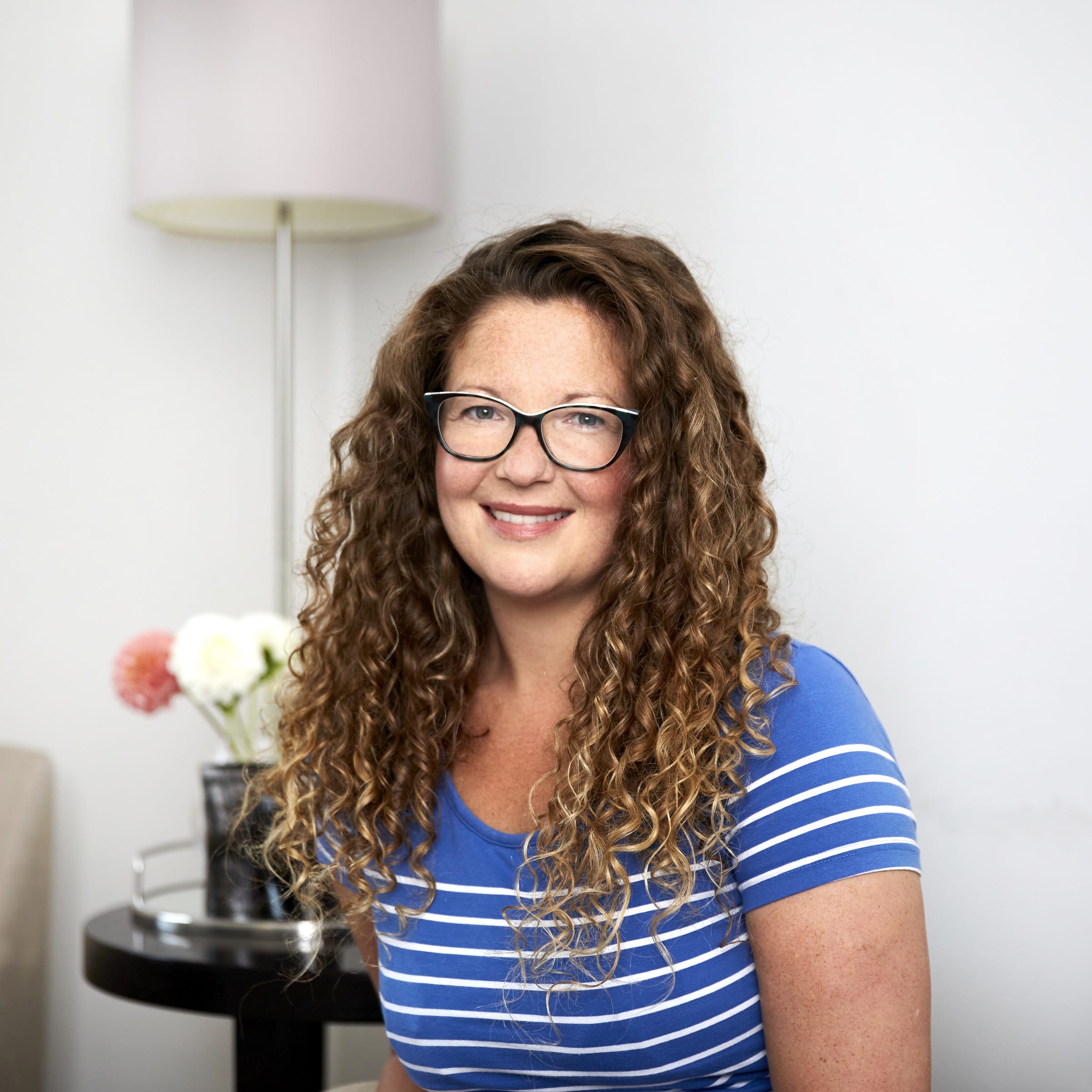Video Description
Emma Smith, a private psychologist based in Chelsea, explores the process of Cognitive Behavioural Therapy, which helps PTSD sufferers deal with the traumatic memory that is causing them distress. Chelsea Psychology Clinic are a group of London psychologists and psychiatrists offering private psychological therapy and psychiatry treatment from their premises across central London and Chelsea. The private therapy sessions cover the following areas: – Acceptance & Commitment Therapy – Cognitive Analytic Therapy – Cognitive-behavioural Therapy – Couples Therapy – Dialectical-behaviour Therapy – Mentalisation Based Treatment – Mindfulness Based Cognitive Therapy – Schema Therapy https://www.thechelseapsychologyclinic.com
Video Transcription
It’s really good evidence based on Cognitive Behavioural Therapy, EMDR, anything that helps you to actually process the memory. So treatment for PTSD is inherently very, very challenging, because it’s asking the person to come in and to actually face the traumatic memory that is causing so much distress. But in therapy, we will work through it in a very graded way. So we’ll only do as much as someone’s able to manage, thinking back to the factory metaphor. We don’t want to just flood someone and go through the same process again. We want to help someone to break the memory down into bite-size chunks so they can be processed and go through into ordinary memory.

